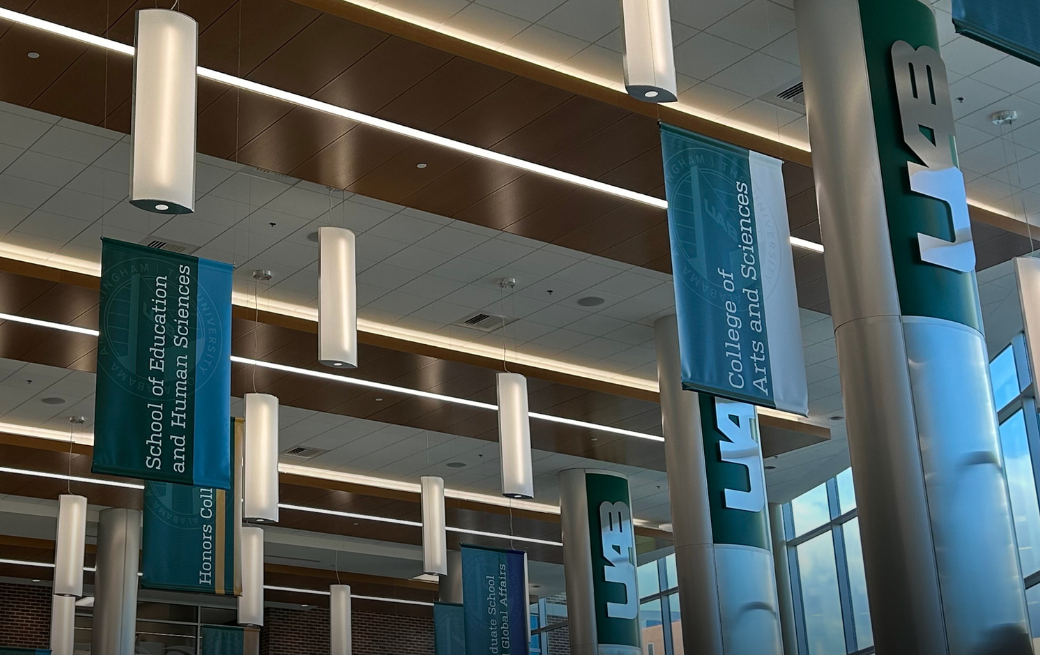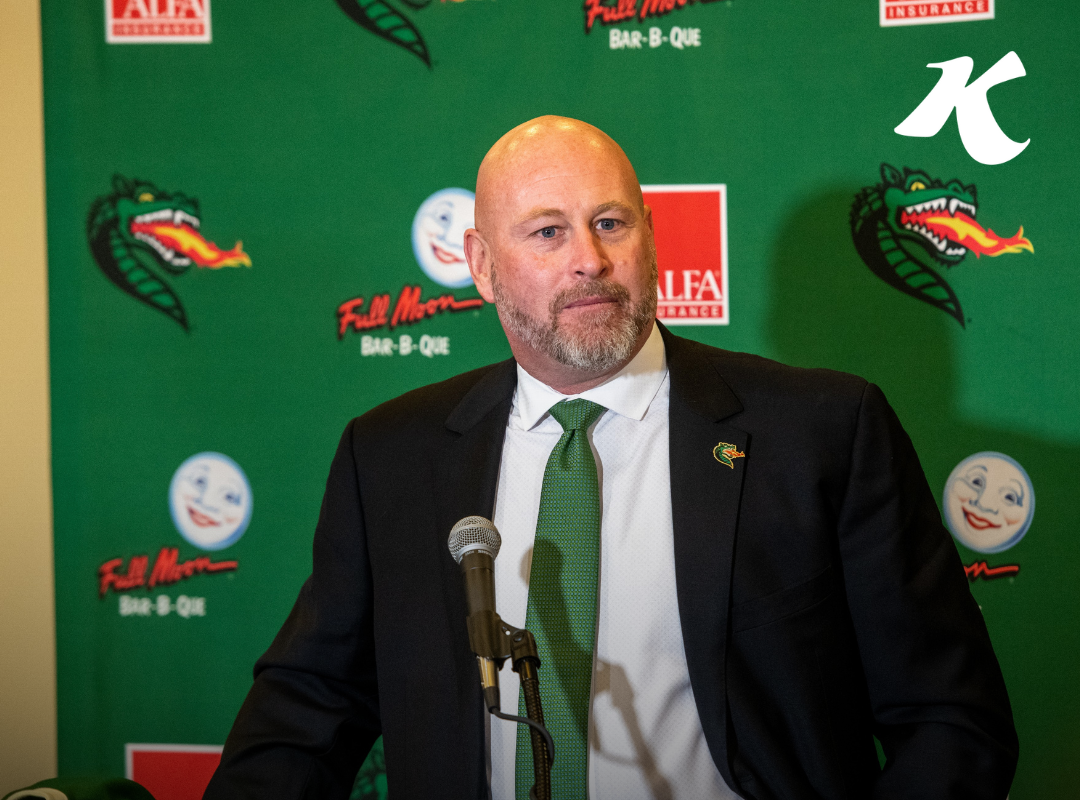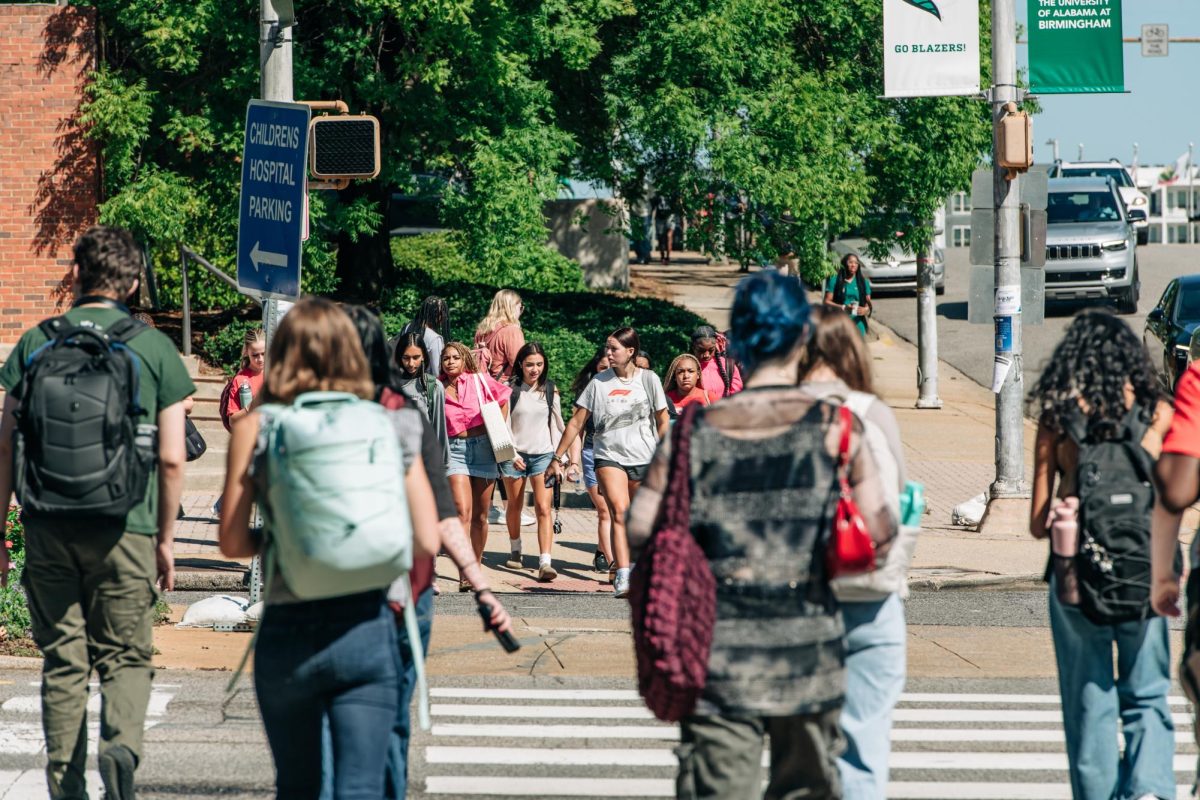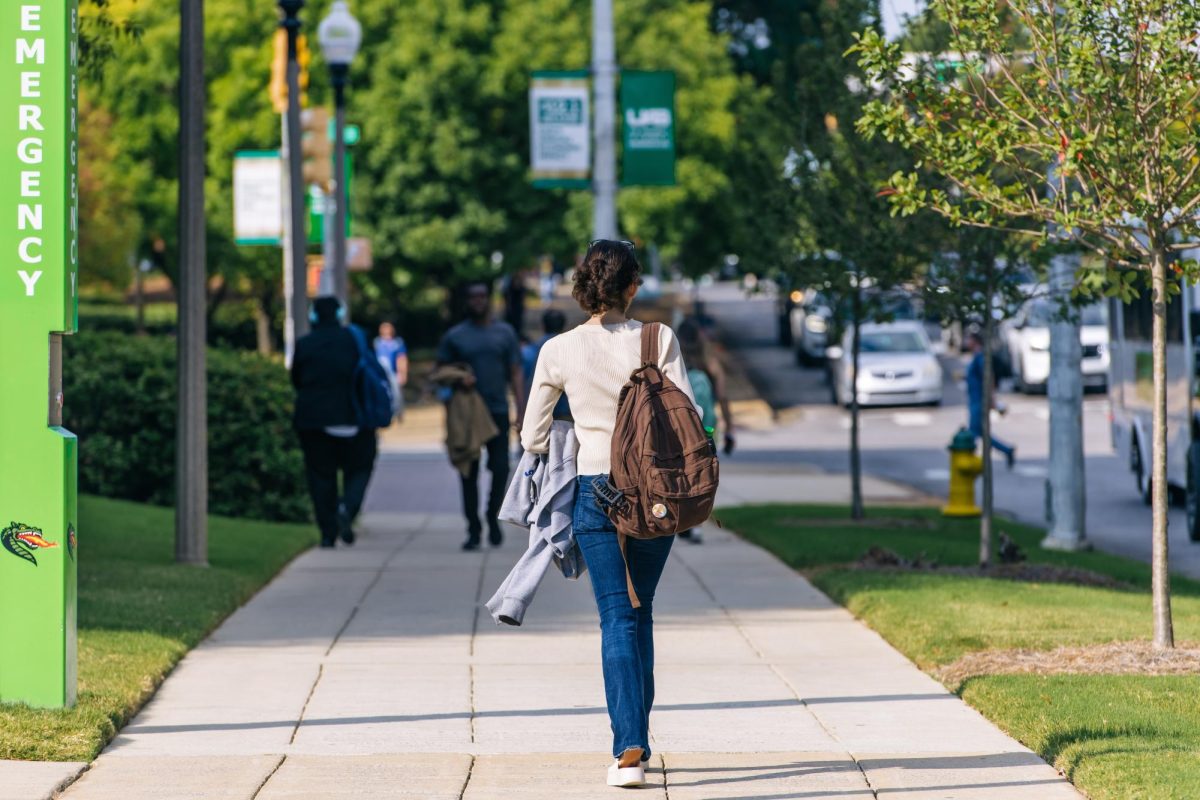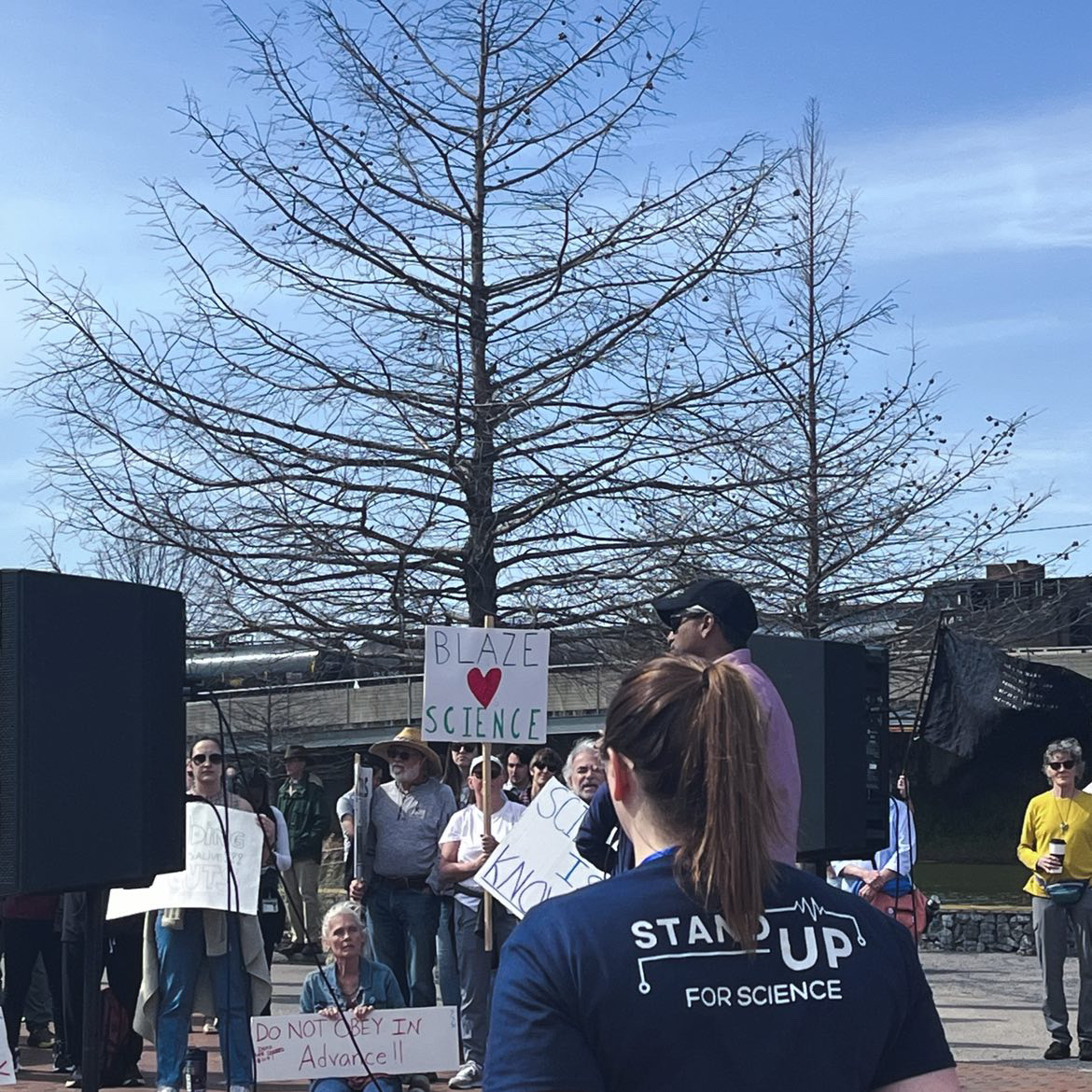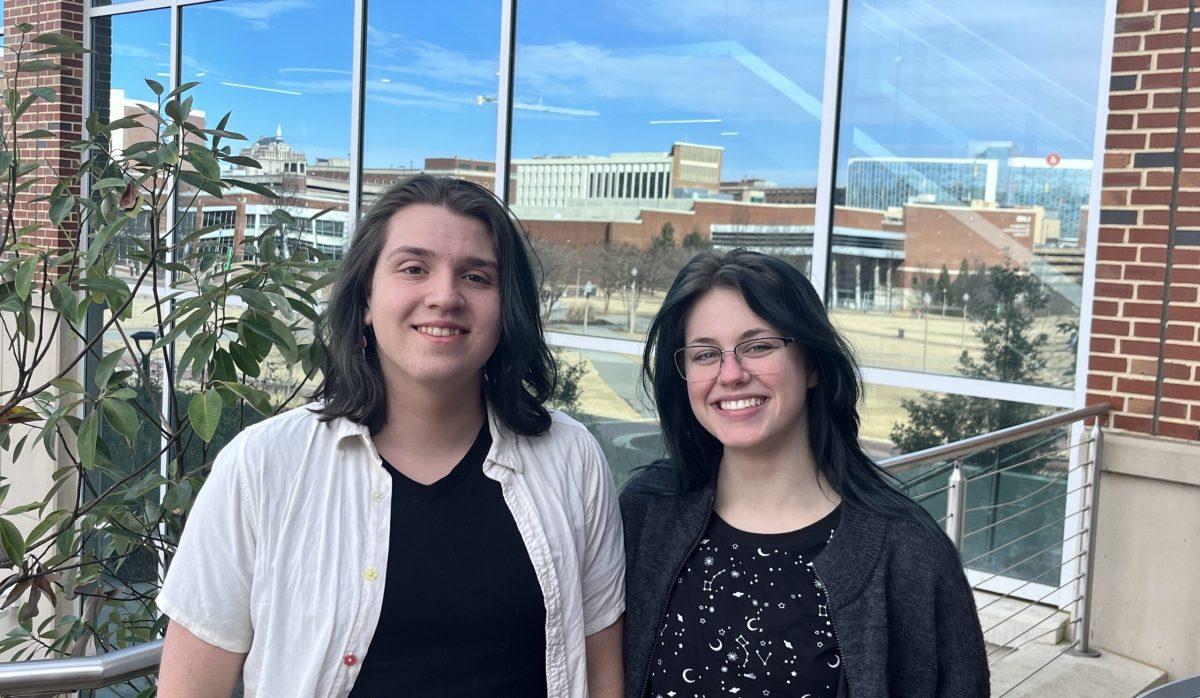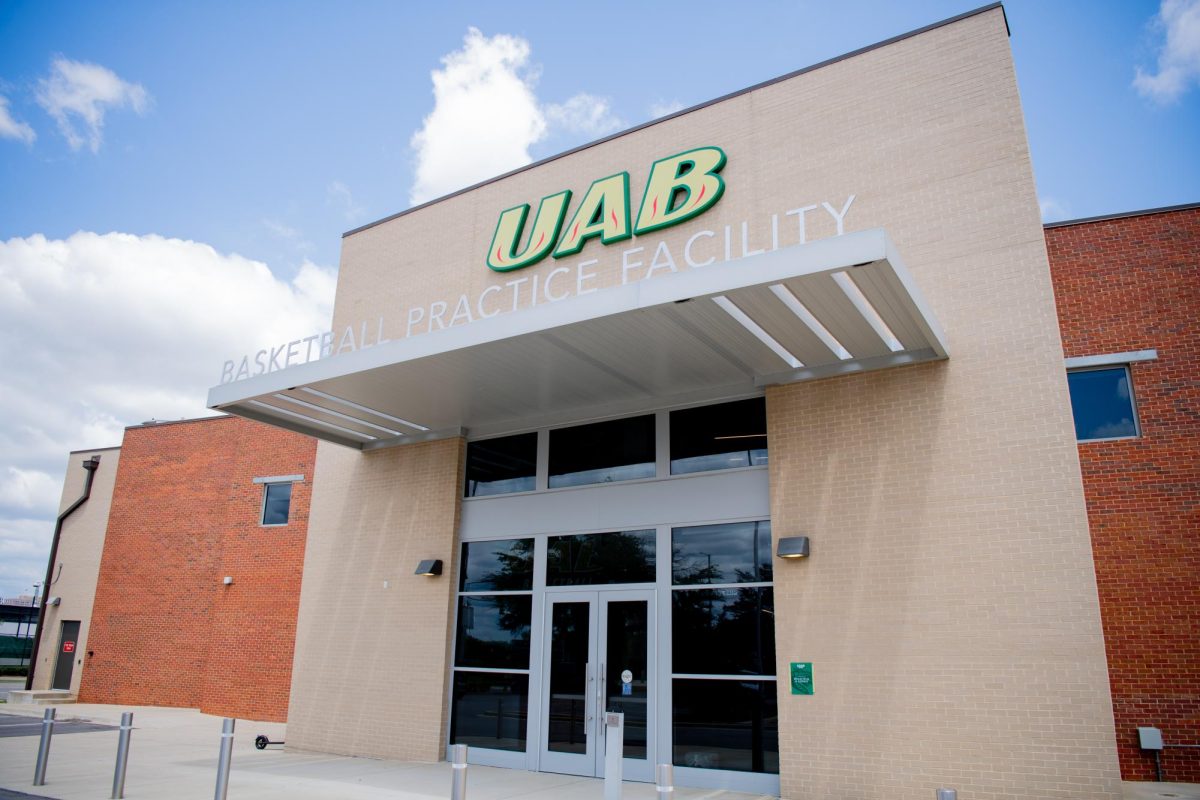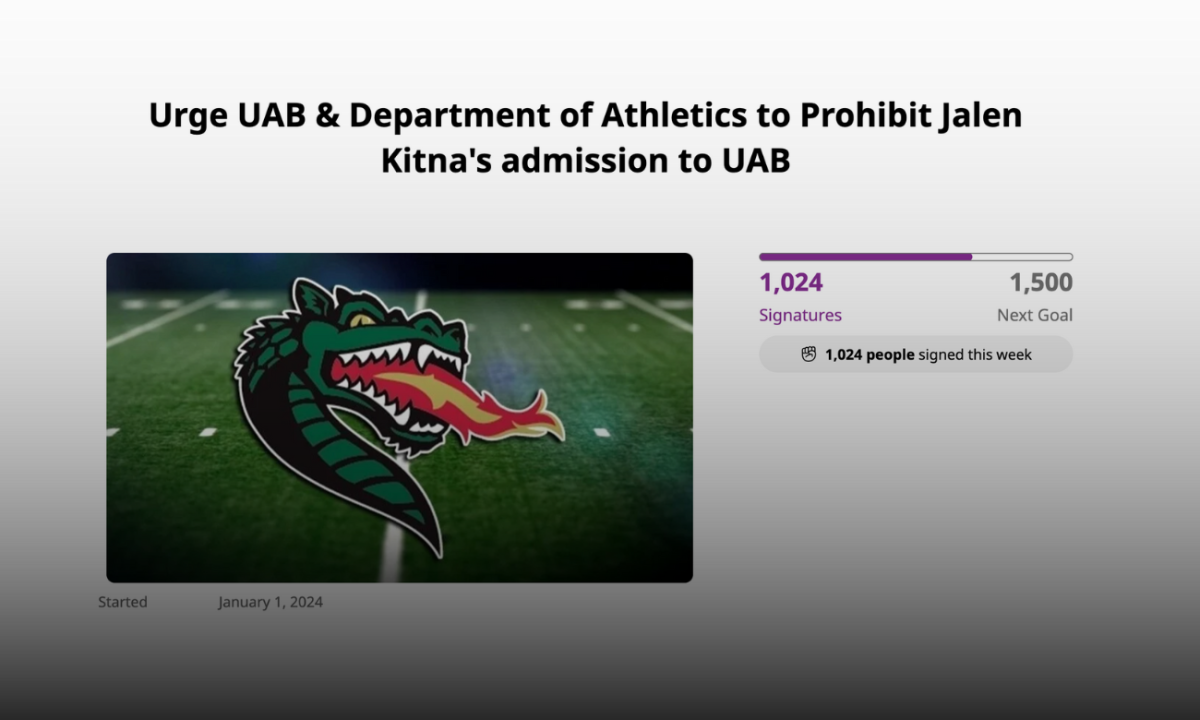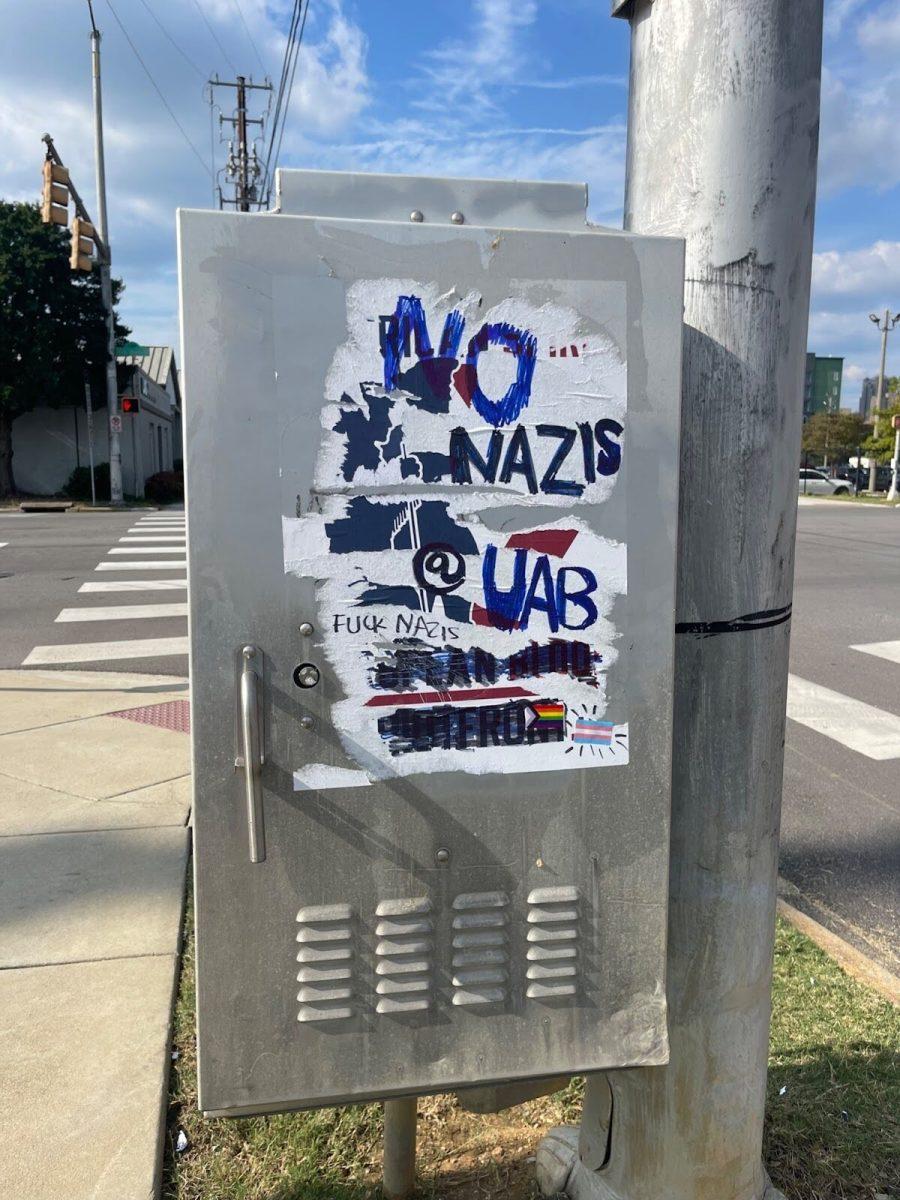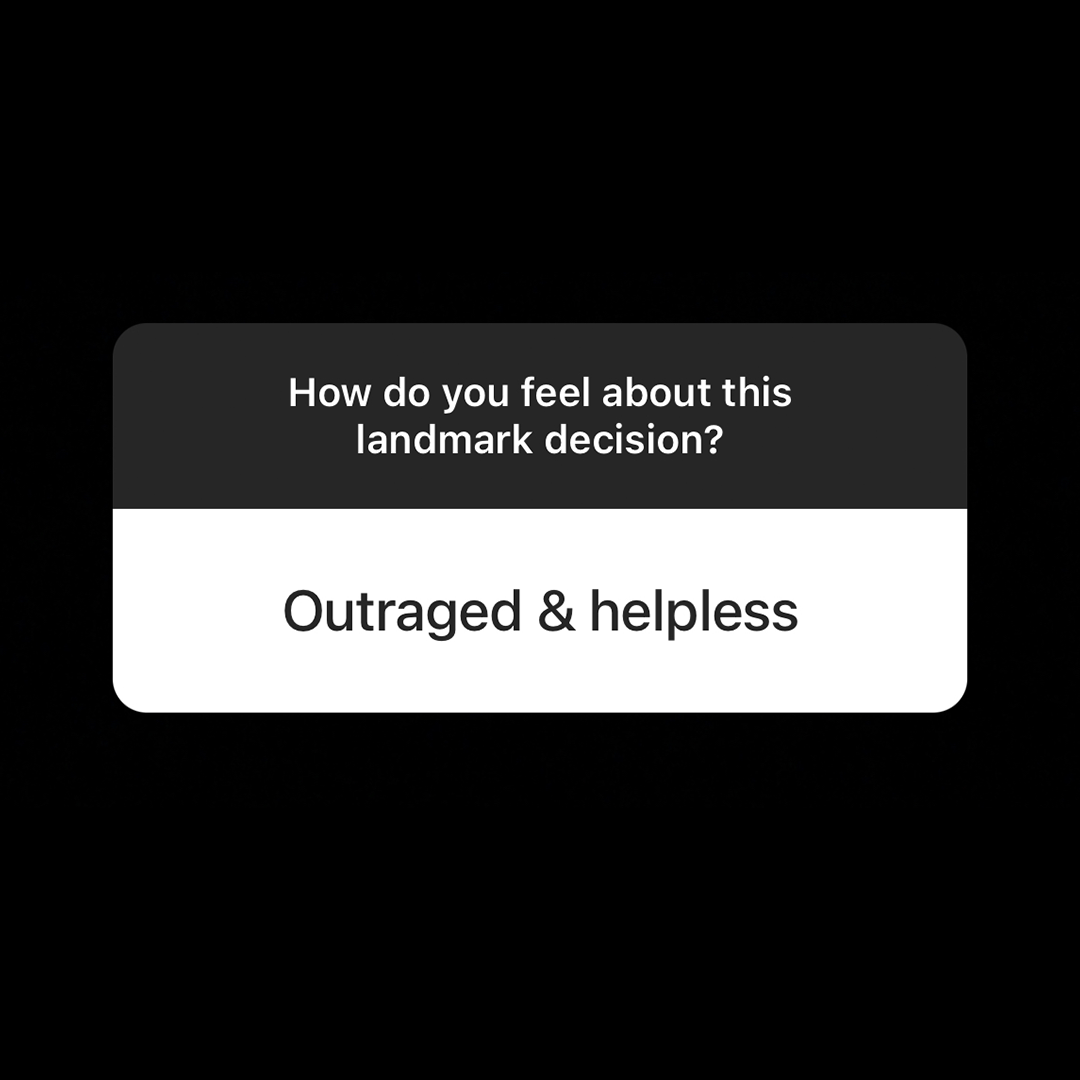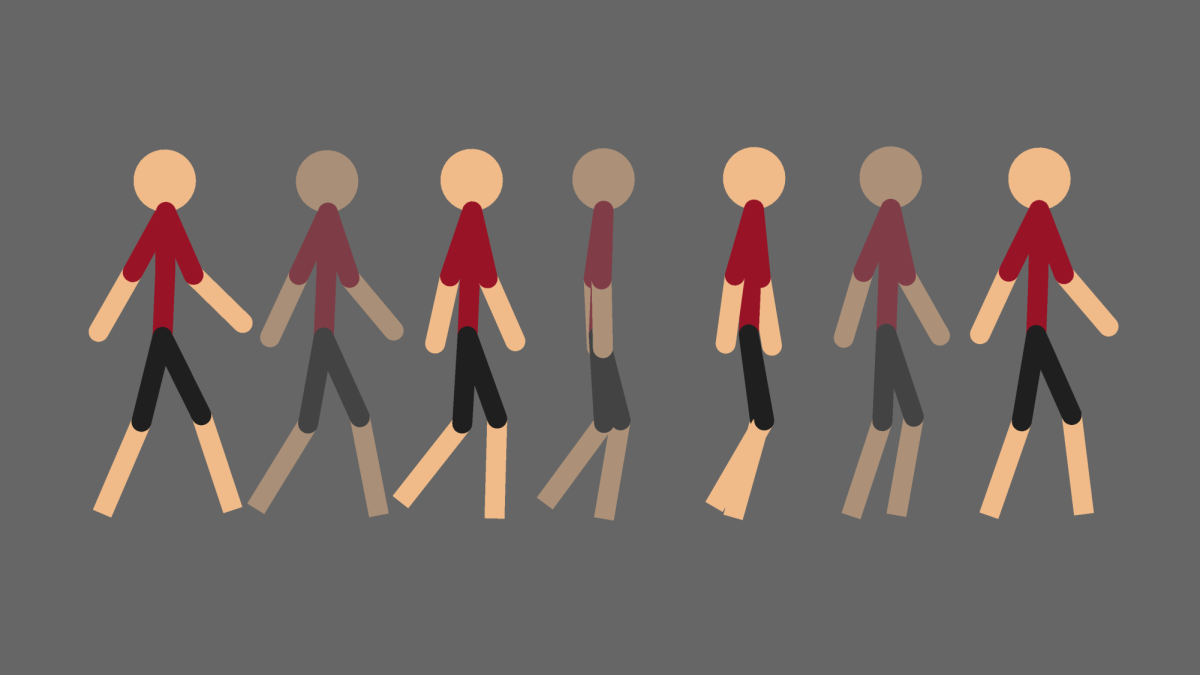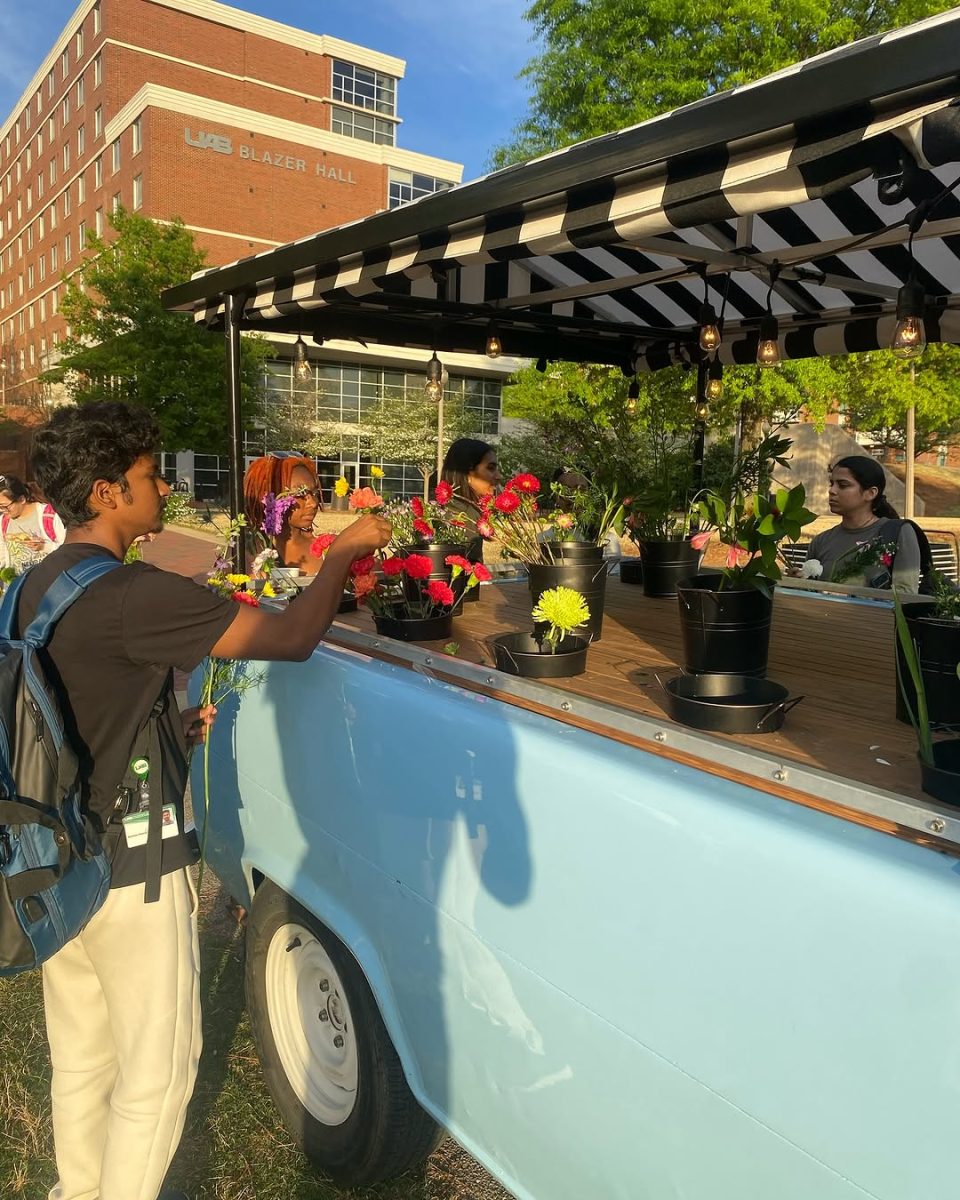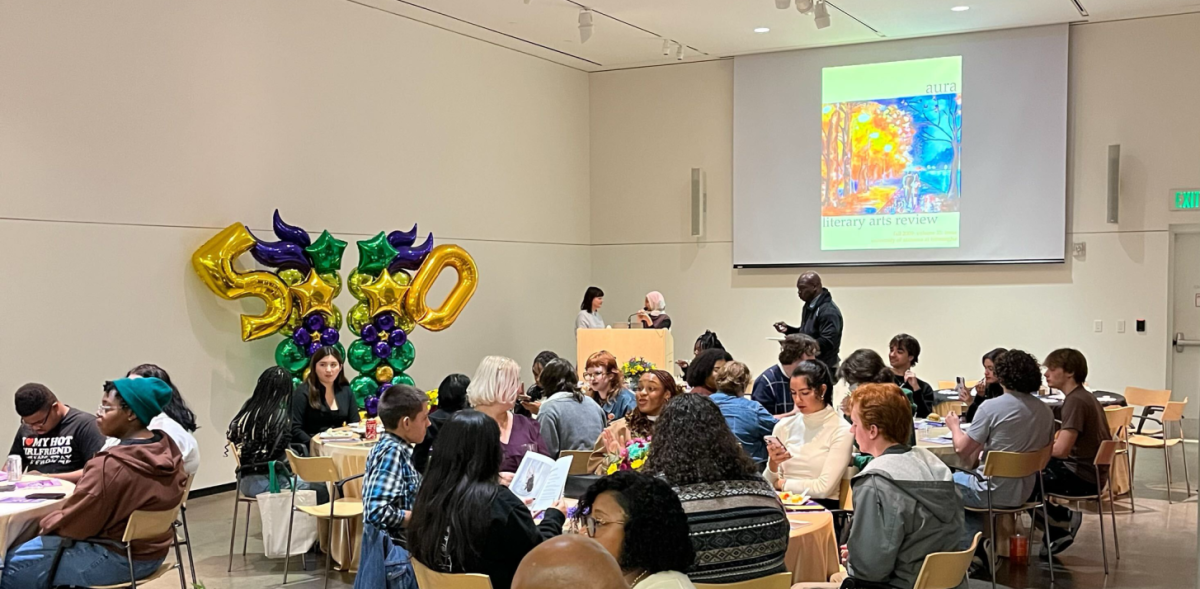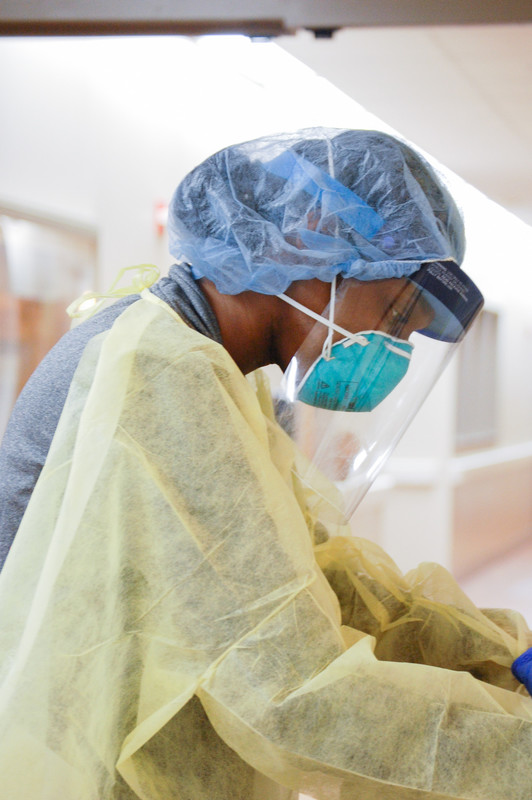A new program is underway at UAB, as patients experience long-term effects after recovering from COVID-19.
In this treatment program, patients will receive care for a variety of symptoms.
Dr. Turner Overton, professor of Infectious Diseases and program medical director, said this program consists of providers that specialize in assisting patients with cardiac, neurologic, psychiatric and pulmonary symptoms. Out of these symptoms, pulmonary issues are the most prominent.
“Early on in the pandemic, we really didn’t have anywhere safely to see people with COVID, and we set up an ambulatory clinic where we see people safely and make an assessment of them,” Overton said. “That remains intact, but one of the things we found is there’s a small, but not an insubstantial number of people who, weeks to months out from their COVID diagnosis, are having residual symptoms from COVID.”
Overton said that while those in the medical field are experiencing fatigue from COVID-19, providers were eager to volunteer for this new program.
“Our providers, as well as our nursing and coordination center, have all stood up and said we’ll take this on to meet the need of our community,” Overton said.
Among the lingering symptoms that are being treated in this program, what is commonly referred to as brain fog, is also being addressed. Overton said this cognitive impairment can contribute to both small and large memory issues.
“Our neurologist, Shruti Agnihotri, already deals with a lot of cognitive impairment, so she’s taken that on,” Overton said. “I think one of the challenges with this brain fog is it can have overlap with cognitive function, but also with mental health. So, we really saw it important to make sure that we also have psychiatrists engage, because some of this could be related to the stress and anxiety of having COVID and then having symptoms.”
Donna Dye, RSN and director of ambulatory services for UAB Medicine, said that while less than 10% of those diagnosed with COVID-19 have experienced lingering symptoms, the providers see a great importance in treating those patients.
“I would impress that quality here is very important, not just the quantity but the quality,” Dye said. “Even if it’s a minority, that minority is important enough to make sure we give that care to those patients.”
Dye said this program allows patients to know they’re being cared for during what is likely a frightening time for them.
“We want to be considerate, compassionate and attentive to their needs, and this gives us that platform to really focus on the individual and make sure they have what they need through their recovery process,” Dye said.
Dye said there are three different ways patients can enroll in the program. Those interested in self-enrolling can contact (205) 975-1881 to speak with a nurse.
“They can share with our (nurses) their symptoms and the nurse will send that to our post-COVID program coordinator, who will evaluate that information, triage that information and direct the patient to the appropriate provider,” Dye said.
The other two ways patients can join this program is by physician referral, either through UAB physicians, or external physicians, and by UAB outreach. Through UAB outreach, providers will contact patients four weeks after their discharge, to evaluate their needs.



